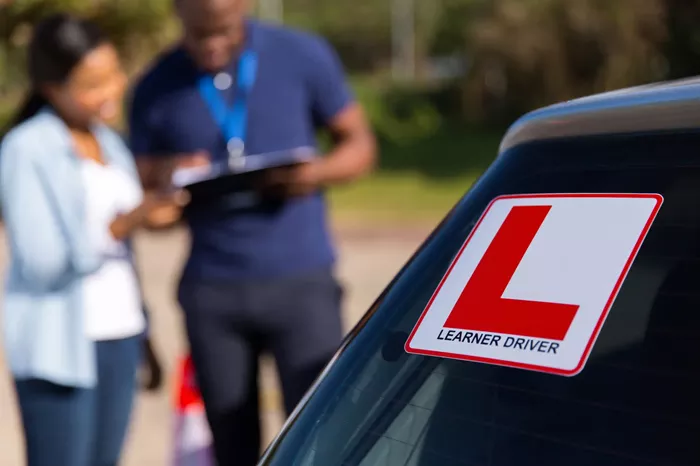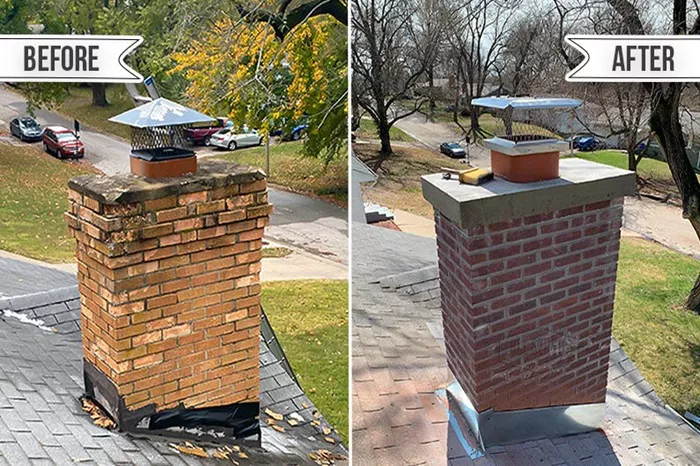Learner car insurance is a specialized type of insurance policy designed for individuals who are learning to drive. It is essential for learner drivers to have adequate insurance coverage to ensure they are protected while they gain experience on the road. This article explores the intricacies of learner car insurance, including its necessity, coverage options, costs, and tips for choosing the right policy.
What is Learner Car Insurance?
Learner car insurance is a temporary, short-term insurance policy specifically designed for individuals who are learning to drive. Unlike standard car insurance policies, learner car insurance provides coverage for a specific period, often ranging from a few weeks to several months, depending on the learner’s needs. This type of insurance is tailored to accommodate the unique risks associated with inexperienced drivers.
Why is Learner Car Insurance Necessary?
Having learner car insurance is crucial for several reasons. Firstly, it is a legal requirement in most jurisdictions. Driving without insurance can result in severe penalties, including fines, license suspension, and even legal action. Secondly, learner drivers are more prone to accidents due to their lack of experience, making it essential to have proper coverage to protect against potential financial losses.
Legal Requirements
In most countries, it is mandatory for learner drivers to have insurance coverage before they can start driving on public roads. The specific requirements may vary, but generally, learner drivers must be listed on an existing policy or obtain a separate learner car insurance policy. This ensures that both the learner and any third parties involved in an accident are adequately protected.
Risk Factors for Learner Drivers
Learner drivers are statistically more likely to be involved in accidents compared to experienced drivers. This increased risk is due to factors such as lack of familiarity with road rules, limited driving experience, and the potential for nervousness or hesitation while driving. Learner car insurance accounts for these risks by providing tailored coverage options.
Types of Learner Car Insurance
There are various types of learner car insurance policies available, each designed to meet different needs and preferences. The main types include:
Named Driver on an Existing Policy
One option for learner drivers is to be added as a named driver on an existing policy. This is often the most cost-effective solution, especially for young drivers. However, it is essential to check with the insurance provider to ensure that learner drivers are covered under the existing policy.
Standalone Learner Driver Insurance
Standalone learner driver insurance is a separate policy specifically designed for learner drivers. This type of policy provides comprehensive coverage for a specified period, allowing learners to practice driving without affecting the primary insurance policy of the vehicle owner. Standalone policies are often more flexible and can be tailored to the learner’s needs.
Short-Term Learner Insurance
Short-term learner insurance is ideal for those who only need coverage for a limited time, such as a few weeks or months. This type of policy is perfect for learners who are taking an intensive driving course or who need temporary coverage while they practice for their driving test. Short-term policies can be easily extended if necessary.
Comprehensive Learner Insurance
Comprehensive learner insurance offers the highest level of coverage, including protection against damage to the learner’s vehicle, third-party liability, theft, and vandalism. This type of policy provides peace of mind for both the learner and the vehicle owner, ensuring that any potential financial losses are covered.
Third-Party Learner Insurance
Third-party learner insurance covers damage to other vehicles and property, as well as injury to other people in the event of an accident. This type of policy does not cover damage to the learner’s vehicle, making it a more affordable option for those on a tight budget. However, it may not provide sufficient coverage in the event of a severe accident.
How to Choose the Right Learner Car Insurance Policy
Selecting the right learner car insurance policy requires careful consideration of several factors. Here are some tips to help you choose the best policy for your needs:
Assess Your Driving Needs
Consider how often you will be driving, the type of vehicle you will be using, and your overall driving goals. If you plan to practice driving frequently, a comprehensive or standalone policy may be more suitable. If you only need occasional coverage, a short-term policy may be the best option.
Compare Quotes from Multiple Providers
Insurance premiums can vary significantly between providers, so it is essential to shop around and compare quotes. Use online comparison tools to get an idea of the costs and coverage options available. Be sure to read the fine print and understand the terms and conditions of each policy.
Check for Discounts and Special Offers
Many insurance providers offer discounts and special offers for learner drivers. These may include discounts for taking a recognized driving course, maintaining a good driving record, or bundling policies. Be sure to ask about any available discounts when comparing quotes.
Understand the Coverage Limits
Make sure you understand the coverage limits of each policy, including any exclusions or restrictions. Some policies may have higher deductibles or limited coverage for certain types of accidents. It is essential to know what is covered and what is not to avoid any surprises later.
Consider the Reputation of the Insurance Provider
Choose an insurance provider with a good reputation for customer service and claims handling. Read reviews and check ratings from independent sources to ensure that you are dealing with a reputable company. A reliable insurance provider can make a significant difference in the event of a claim.
See Also: 6 Best Campervan Insurance of July 2024
Costs of Learner Car Insurance
The cost of learner car insurance can vary widely depending on several factors. Understanding these factors can help you find the most affordable policy without compromising on coverage.
Factors Affecting the Cost
Several factors can influence the cost of learner car insurance, including:
Age and Gender: Younger drivers, especially males, are considered higher risk and may face higher premiums.
Location: The area where you live can impact your insurance costs. Urban areas with higher traffic density and accident rates may result in higher premiums.
Type of Vehicle: The make, model, and age of the vehicle can affect insurance costs. High-performance or expensive cars typically have higher premiums.
Coverage Level: Comprehensive policies with higher coverage limits will generally cost more than basic third-party policies.
Driving History: Although learner drivers do not have an extensive driving history, any previous incidents or traffic violations can affect premiums.
Ways to Reduce Costs
There are several strategies to reduce the cost of learner car insurance:
Choose a Higher Deductible: Opting for a higher deductible can lower your premium. However, be sure you can afford the deductible in the event of a claim.
Take a Recognized Driving Course: Completing a certified driving course can demonstrate your commitment to safe driving and may result in discounts.
Install Safety Features: Equipping your vehicle with safety features such as anti-theft devices and advanced driver assistance systems can lower your premium.
Limit Coverage Period: If you only need insurance for a short period, opt for a short-term policy to save on costs.
Maintain a Clean Driving Record: Avoiding accidents and traffic violations can help keep your premiums low.
Making a Claim on Learner Car Insurance
In the unfortunate event of an accident or damage to the vehicle, it is essential to know how to make a claim on your learner car insurance policy. The claims process can vary between providers, but the general steps are as follows:
Step-by-Step Claims Process
Report the Incident: Notify your insurance provider as soon as possible after the incident. Provide details such as the date, time, location, and a description of what happened.
Provide Documentation: Submit any required documentation, such as a police report, photos of the damage, and witness statements. Your insurance provider will guide you on what is needed.
Assessment and Approval: The insurance company will assess the claim and determine the extent of the coverage. This may involve an inspection of the vehicle or additional information.
Repairs and Compensation: Once the claim is approved, the insurance provider will arrange for repairs or compensation according to the policy terms. You may need to pay the deductible before the insurance coverage kicks in.
Follow-Up: Keep in touch with your insurance provider to track the progress of your claim and address any additional requirements.
Common Issues and How to Avoid Them
Delayed Reporting: Failing to report the incident promptly can result in delays or denial of the claim. Always notify your insurance provider as soon as possible.
Incomplete Documentation: Providing incomplete or inaccurate information can hinder the claims process. Ensure you have all the necessary documentation and details.
Policy Exclusions: Be aware of any exclusions or restrictions in your policy. Claims related to excluded events or circumstances will not be covered.
Unapproved Repairs: Only use repair shops approved by your insurance provider to avoid complications. Unauthorized repairs may not be covered.
Conclusion
Learner car insurance is a vital component of the learning-to-drive process, providing essential coverage and peace of mind for learner drivers. Understanding the different types of policies, coverage options, and costs can help you choose the right insurance for your needs. By following safe driving practices and maintaining adequate insurance coverage, you can navigate the learning process with confidence and safety.
Whether you opt for a named driver policy, standalone learner insurance, or short-term coverage, having the right protection is crucial. Remember to compare quotes, check for discounts, and understand the terms and conditions of your policy. With the right learner car insurance and a commitment to safe driving, you can enjoy a positive and secure driving experience.






















